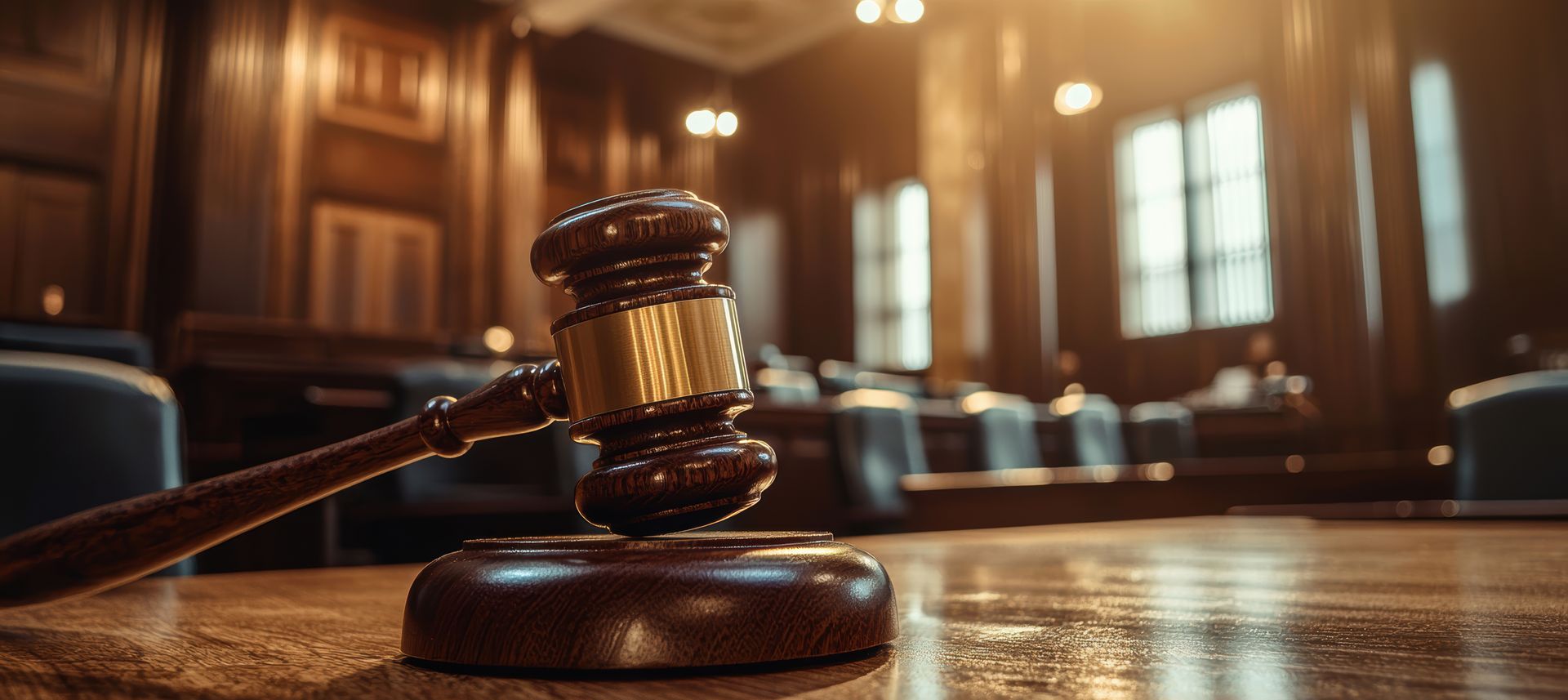Understanding Misdemeanor Classes in Arizona: Class 1, 2 & 3 Offenses Explained
Understanding Misdemeanor Classes in Arizona: Class 1, 2 & 3 Offenses Explained
When people hear the word “misdemeanor,” they often assume it’s a minor issue that doesn’t require serious attention. Unfortunately, this misunderstanding can lead to lasting consequences. In Arizona, misdemeanors are categorized into three classes—Class 1, Class 2, and Class 3—each with varying degrees of severity and potential penalties.
At DwaneCates.com, PLLC, we believe that understanding the structure of Arizona’s criminal law system is the first step in protecting your rights. If you or a loved one is facing a misdemeanor charge, knowing what each class means can help you make informed decisions.
What Is a Misdemeanor in Arizona?
A misdemeanor is a criminal offense that is less severe than a felony but more serious than a civil infraction. While misdemeanors don’t typically result in prison time, they can still carry jail sentences, steep fines, and other penalties that follow you well beyond the courtroom.
Arizona divides misdemeanors into three classifications:
- Class 1 Misdemeanors – The most serious
- Class 2 Misdemeanors – Mid-level offenses
- Class 3 Misdemeanors – The least serious
Class 1 Misdemeanors: The Most Serious Category
Class 1 misdemeanors carry the harshest penalties available for misdemeanor crimes in Arizona. These offenses include:
- First-time DUI offenses
- Assault (without aggravating circumstances)
- Domestic violence-related charges
- Theft involving low-value property
- Disorderly conduct
Penalties for Class 1 Misdemeanors:
- Up to 6 months in jail
- Fines up to $2,500 (plus court surcharges)
- Up to 3 years of probation
A conviction at this level can result in serious consequences for your career, education, and public record.
Class 2 Misdemeanors: Moderate-Level Offenses
Class 2 misdemeanors are less severe than Class 1 but still involve meaningful penalties. These offenses often include:
- Reckless driving
- Criminal damage under a certain threshold
- Leaving the scene of a minor accident
- Harassment
Penalties for Class 2 Misdemeanors:
- Up to 4 months in jail
- Fines up to $750
- Up to 2 years of probation
Even without jail time, a Class 2 conviction can appear in background checks and affect future opportunities.
Class 3 Misdemeanors: The Lowest Level
While Class 3 misdemeanors are the least serious in Arizona’s legal system, they are still criminal charges that carry real consequences. Common Class 3 offenses include:
- Third-degree criminal trespassing
- Certain traffic-related violations
- Minor in possession of alcohol
- Loitering
Penalties for Class 3 Misdemeanors:
- Up to 30 days in jail
- Fines up to $500
- Up to 1 year of probation
Even minor misdemeanor charges can complicate job applications, background checks, and professional licensing processes.
Aggravating Circumstances and Repeat Offenses
In some cases, aggravating factors—such as repeat offenses, involvement of minors, or the use of weapons—can lead to increased penalties or elevation of a misdemeanor charge to a felony. Additionally, a prior misdemeanor conviction can enhance the penalties for a new charge, even within the same class.
Can You Reduce or Dismiss a Misdemeanor Charge?
Yes. Many misdemeanor cases can be resolved favorably through legal defenses, negotiations, or alternative resolutions such as:
- Diversion programs
- Deferred sentencing
- Plea reductions
- Dismissals based on insufficient evidence or legal violations
With proper legal representation, it may be possible to reduce the impact on your record or avoid conviction entirely.
Why You Should Not Ignore a Misdemeanor Charge
No criminal charge should be taken lightly. A misdemeanor on your record can lead to:
- Job application rejections
- Travel restrictions
- Difficulty obtaining housing
- Loss of government benefits or aid
- Increased penalties for future charges
Having a knowledgeable and committed legal team in your corner can make a measurable difference in the outcome of your case.
Contact DwaneCates.com, PLLC Today
If you’ve been charged with a misdemeanor in Phoenix or the surrounding areas, time is critical. The decisions you make early in the process can shape your legal future.
At DwaneCates.com, PLLC, we examine every detail of your case and provide clear, honest guidance. Our goal is to fight for the best outcome possible—whether through reduction, dismissal, or trial.









